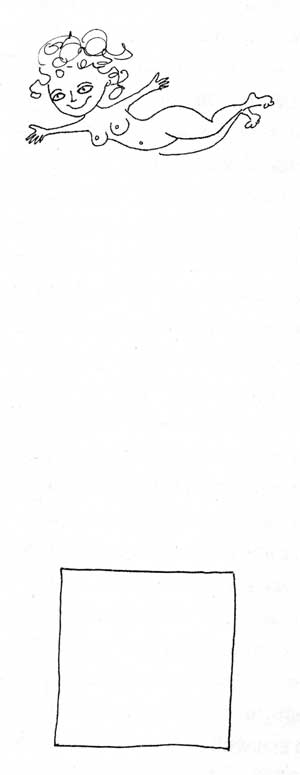NPR Book Review
Sharmila Mukherjee reviews Siri's latest book for NPR.
'Mothers, Fathers, and Others' addresses the realities of motherhood.
In one of the essays in Mothers, Fathers, and Others, Siri Hustvedt recalls a harrowing incident in which her unbelted toddler daughter Sophie nearly fell out of her stroller as they were descending on an escalator.
Hustvedt, traveling with her family through an airport, was exhausted — a situation all too familiar to harried mothers of toddlers. Her husband, the writer Paul Auster, was trailing behind. Hustvedt quickly grabbed Sophie and a disaster was averted. But a passerby who saw the mishap gave her a look of disgust that remains etched in her mind.
"In his eyes I saw myself: a monster of negligence, the bad mother," Hustvedt writes.
To talk about motherhood in any way other than the fulfilment of one's life's vocation is to invite social scorn. So it's a credit to Hustvedt that she has taken up the indignities of motherhood as a major theme in her new, engrossing book of essays.
A prolific novelist and essayist, Hustvedt has established a reputation for writing across the fixed borders that separate science from the humanities. Her last collection of essays, A Woman Looking at Men Looking at Women, pursued its subject down intersecting paths of personal reminiscence, neuroscience, psychoanalysis, philosophy, literature and the visual arts. Sometimes her cerebral approach can seem dry and extravagant, but now Hustvedt has combined the lively and tactile with more wide angled philosophical questions about perception and reality. Mothers, Fathers, and Others sifts a wide range of memory, experience and disciplinary perspectives into essays that bring into focus the profound contradictions of motherhood. These contradictions, Hustvedt asserts, are eclipsed by the cultural idealization of mothers as the model of self-sacrificing nurturance.
Read the rest of the article.
